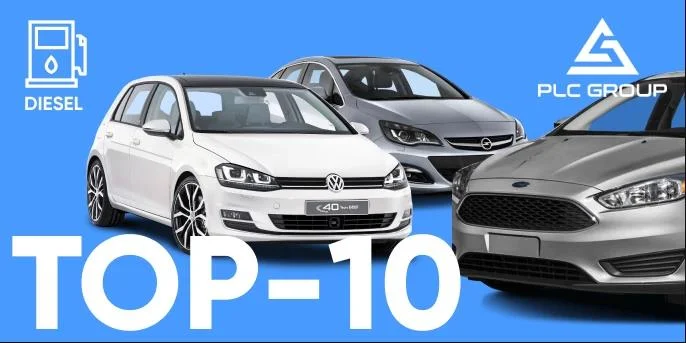Diesel cars are popular. Given the high working life of diesel engines, many people choose this option when buying a used car. In our article we will give 5 reasons to buy a used diesel and suggest the best diesel used cars to buy on the aftermarket.
Features and advantages of diesel cars
Advantages of diesel cars over gasoline-powered cars:
- Economical fuel consumption. Diesel cars consume about 30% less fuel than gasoline-powered cars. And diesel fuel itself is cheaper.
- High reliability of diesel engines and, as a consequence, longer operating life. This is due to the difference in the principle of operation of gasoline and diesel engines – in a diesel engine ignition occurs due to strong compression of fuel in the piston.
- Minimal harm to the environment. In modern diesel engines, fuel is efficiently processed, which has reduced the amount of harmful emissions. Diesel cars have become much more environmentally friendly.
- High efficiency. High power can be achieved due to efficient fuel conversion and the diesel engine principle.
- It is possible to drive on synthetic fuel. And there is no need to modify the vehicle for this purpose.
Which diesel car is best to buy
Here are the top diesel autos – the most reliable, efficient and profitable to buy.
10 Ford Focus
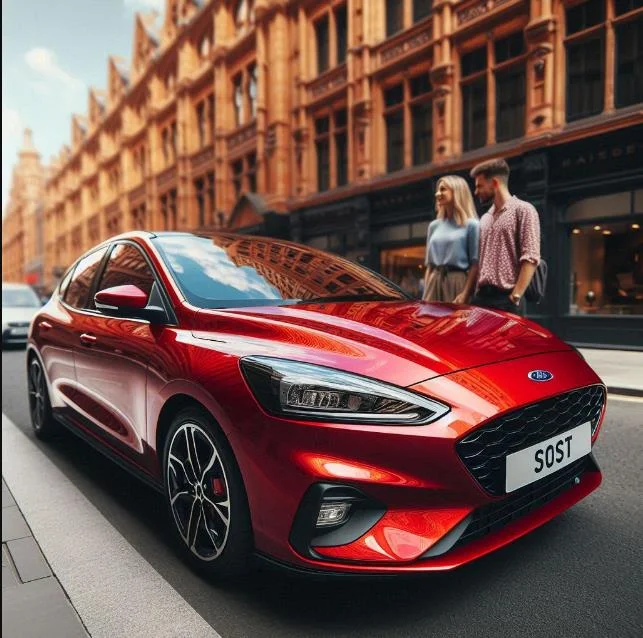
In the 4th generation Ford Focus is equipped with several modifications of diesel engines. For the hatchback it is a 1.5-liter diesel 120 hp with an automatic transmission and an automatic transmission. The station wagon has more diesel options: 1.5 liters 95 hp with manual transmission, 2 liters 150 hp on mechanics and automatic.Features and characteristics:
- front-wheel drive;
- basic options – radar cruise control, emergency braking function, marking control, pedestrian and bicyclist recognition system, projection display, Apple CarPlay and Android Auto support, Wi-Fi hotspot;
- fuel consumption – from 3.5 to 5 liters – depending on the equipment and driving cycle;
- acceleration to 100 km/h in 9.3-11.4 seconds.
Advantages of the Ford Focus:
- reliable engine with good operating life;
- great review;
- excellent traction characteristics;
- very economical consumption.
Minuses:
- low landing;
- poor soundproofing;
- expensive components and repairs.
9 Ford Fiesta
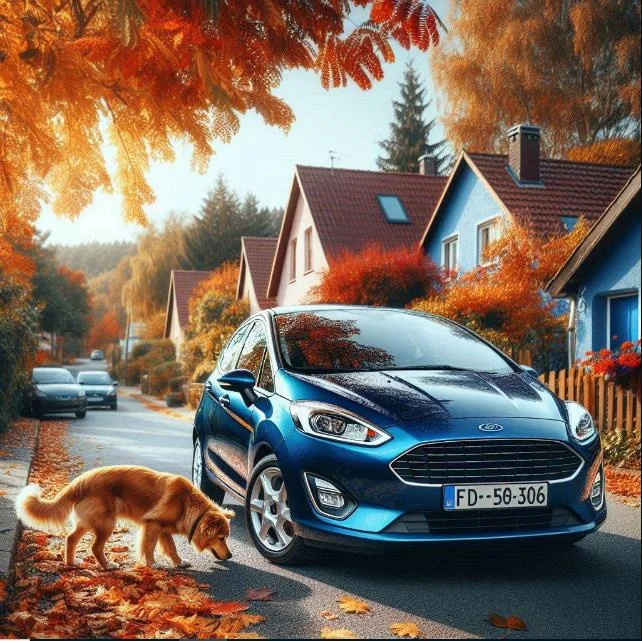
Fiesta is the best diesel car among compact city cars, available in hatchback body with 3 and 5 doors. In 2016, the manufacturer presented in Cologne the seventh generation of the model, which received an updated exterior, improved interior, interior trim and equipment, improved noise insulation.Characteristics:
- diesel engines of the model – 1.5 liter Duratorq TDCi 85 and 120 hp;
- transmission – 6-speed manual;
- front-wheel drive;
- fuel consumption – 3.2-4.3 liters per 100 kilometers depending on the configuration and driving cycle;
- top speed 175-195 km/h;
- Acceleration to 100 km/h in 9-12.5 seconds;
- basic options – color dashboard display, modern multimedia system Ford SYNC 3 with 8-inch screen, advanced package of safety systems, which includes pedestrian detection, blind spot monitoring, parking assistant, lane tracking, etc.
Benefits of the model:
- super economical;
- maneuverable;
- functional;
- low-maintenance.
Minuses:
- clearance;
- a little underpowered;
- The interior is not spacious enough – only two passengers can comfortably sit in the back.
8 Volkswagen Golf
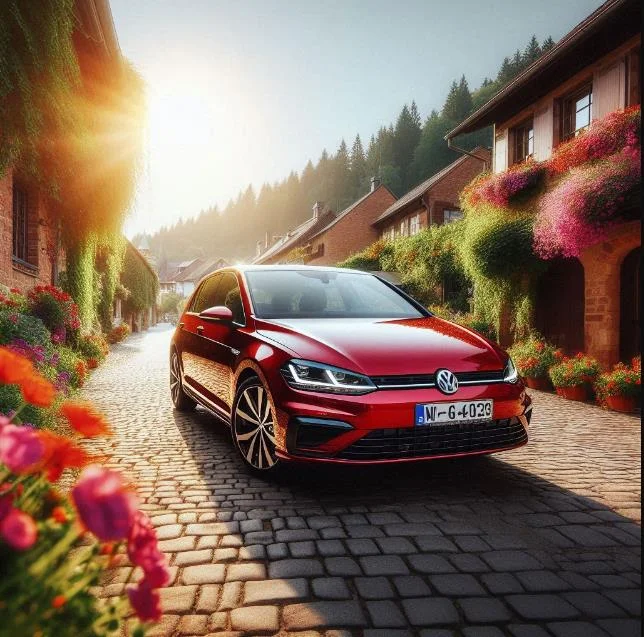
Volkswagen has unveiled the eighth generation of the 2019 Volkswagen Golf urban hatchback in Wolfsburg. The auto received evolutionary exterior changes and revolutionary modernization of internal equipment.Features and characteristics:
- equipment: turbodiesel engines 2 liters, 115 and 150 horsepower;
- transmission for the first modification – 6-speed mechanics, and for the second – MKPP and robot;
- front-wheel drive;
- fuel consumption – from 3.2 to 5 liters (in different modifications and at different driving cycle);
- top speed 202-223 km/h;
- acceleration to 100 km/h in 8.8-10.2 sec;
- basic options – control of climate control and multimedia systems with touch screen display, 10 colors of interior lighting, LED headlights and taillights, automatic braking system with pedestrian detection, keyless access, lane keeping, automatic climate control, mobile services We Connect and We Connect Plus, communication system with other cars and road infrastructure.
Benefits of the model:
- a very reliable engine;
- economical;
- solid body
Disadvantages:
- clearance;
- possible problems during the winter period;
- simple interior.
7 Opel Astra
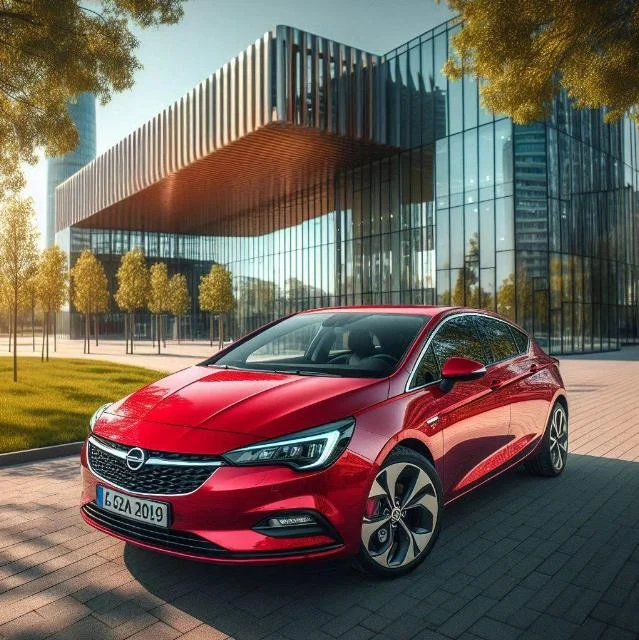
The car Opel Astra belongs to the C class, is available in station wagon and hatchback. Both modifications are equipped with diesel internal combustion engines. The car in general has a classic design, and the main emphasis of the manufacturer made on quality, reliability and comfort.Features and characteristics:
- turbodiesel – 1.5 liters, 105 and 122 hp;
- transmission – 6-speed manual, and in the configuration with a more powerful engine is also available 9-speed automatic;
- front-wheel drive;
- fuel consumption – 4.7-5.5 liters per 100 km in mixed cycle;
- top speed – 200-210 km/h;
- acceleration to 100 km/h in 10.2-10.6 sec;
- basic options – modern multimedia system with an 8-inch screen, Bose audio system, matrix optics surround-view camera, heated windshield, wireless charging, valet parking, extended package of active and passive safety systems.
Benefits:
- good equipment;
- practicality;
- engine and suspension reliability;
- dynamics.
Minuses:
- unremarkable design;
- cramped for a large family;
- expensive parts.
6 Skoda Octavia
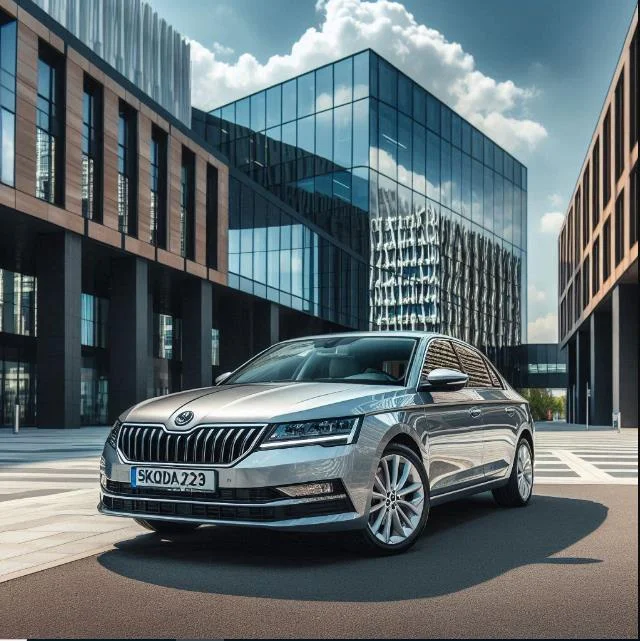
Skoda Octavia is very popular as a stylish, practical and comfortable car. It is presented in the market in three body variants – five-door liftback, classic and off-road station wagon. Features:
- configuration of the 3rd generation (after restyling) – turbodiesels 1.6 liters (115 hp), 2 liters (150 hp and 184 hp), from 2020 a more powerful turbodiesel 2 liters 200 hp appeared in the configuration;
- transmission, depending on the equipment – five and six-speed mechanics, robotized gearbox 7-DSG;
- front and all-wheel drive;
- fuel consumption – 3.7-6.4 (depending on equipment and driving cycle);
- top speed – 201-230 km/h;
- acceleration to 100 km/h in 6.8-10.6 sec;
- basic options – USB sockets in front and for rear seat passengers, heated steering wheel, touch-screen controls, Apple Car Play or Android Auto, new efficient navigation system, blind spot monitoring system, steering and parking assistants.
Benefits of the model:
- clearance;
- reliability;
- spacious interior and roomy trunk;
- inexpensive to operate and maintain.
Minuses:
- poor anti-corrosion treatment of the body;
- the engine is designed for a quiet ride;
- rigidity.
5 Volkswagen Touareg
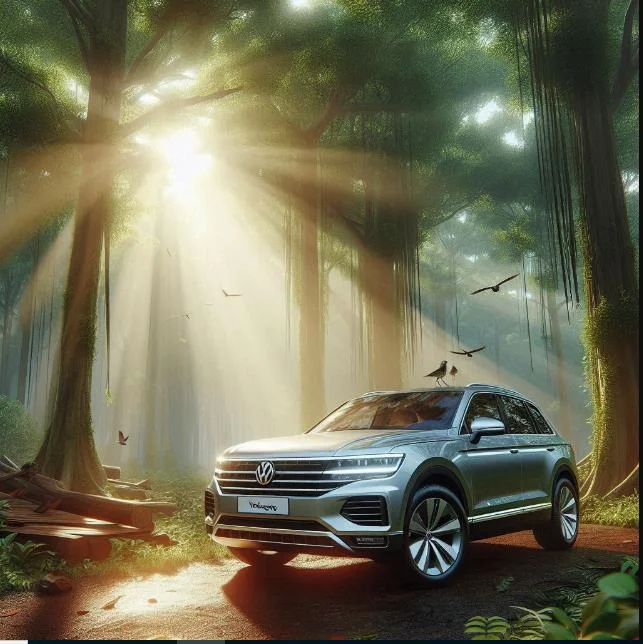
The all-wheel drive SUV belongs to the K3 class. Good diesel vehicle configurations are available in the third generation models (2018-2023). If you are interested in only the best diesel SUVs, we recommend you to read the selection.
Features:
- motors are turbo-diesel 3 and 4 liters, 231-421 hp;
- transmission is 8-Tiptronic;
- four-wheel drive;
- fuel consumption – 6.2-11.3 liters;
- top speed of 218-250 km/h;
- acceleration to 100 km/h in 4.9-7.5 sec;
- basic options – equipment is the best in the entire line of Volkswagen cars – 12-inch virtual dashboard, 15-inch display multimedia system, automatic climate control and seat adjustment, adjustable rear seats, etc.
Benefits:
- comfort;
- reliable engine;
- passability.
Minuses:
- expensive maintenance;
- high consumption compared to similar machines.
4 Volkswagen Transporter
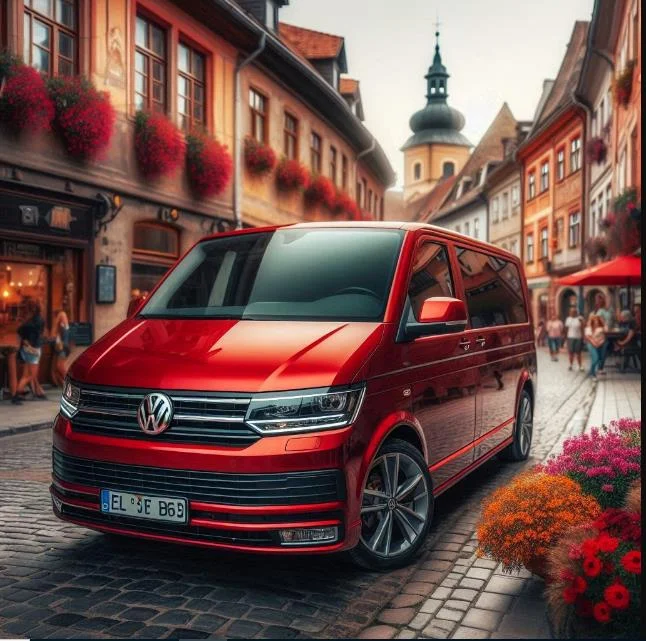
Volkswagen Transporter minivans and vans occupy a special place in the list of diesel used cars, as they belong to the class of cargo and passenger vehicles. In 2019, the company introduced the sixth generation of the model.Features:
- van configurations: turbodiesel 2 liter 90-199 hp; minivan – turbodiesel 2 liter 110, 150 and 199 horsepower;
- Transmission – in the simplest configurations there is a 5-speed mechanics, the average in power are equipped with 6 MKPP and robotized box, the most powerful modification is equipped with a robot;
- front or all-wheel drive;
- fuel consumption – 6-9 liters (depending on the configuration and driving cycle);
- top speed – 152-201 km/h;
- acceleration – 9.1 to 17.5 seconds;
- basic options – multimedia with 8-inch touch screen, advanced electronic assistant package, 230 V socket under the driver’s seat, LED lighting.
Benefits:
- inexpensive to operate;
- reliable;
- capacious;
- hardy;
- has good traction characteristics.
Minuses:
- the high cost of original spare parts;
- poor noise insulation.
3 Mercedes-Benz Vito
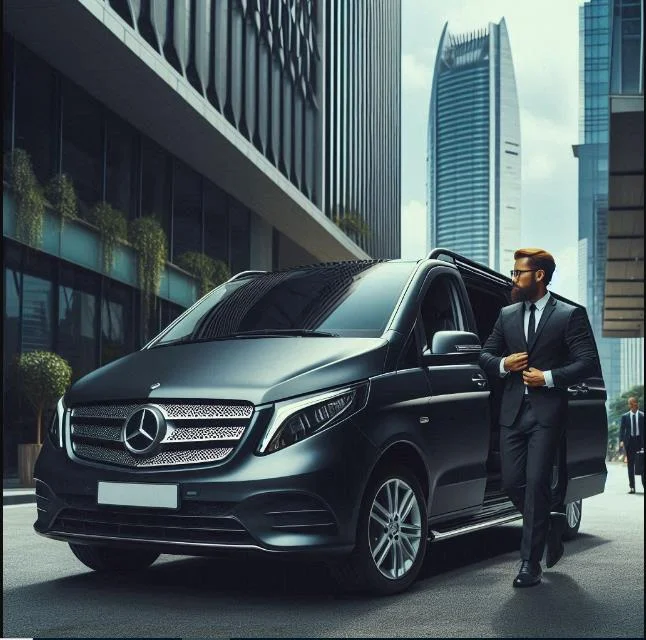
Like the previous model in our ranking, the Mercedes-Benz Vito has two body types – an L-class minivan and an M-class van, both of which come with performance diesel engines.Features:
- configuration turbodiesel 1.6 liter 88 and 116 horses, 2.2 liter 136, 163 and 190 hp;
- rear-wheel drive and four-wheel drive;
- transmission – for 1.6 liters – 6 MKPP, for the rest 6-speed manual and robot;
- fuel consumption – 5.3-7.9 liters per 100 km;
- top speed – 157-199 km/h;
- Acceleration to 100 km/h in 9.8-18.9 seconds;
- basic options – adaptive ESP, tire pressure control, lane control, driver fatigue, blind spot monitoring, 8 airbags, side wind stabilization, NTG 2.5 multimedia system with a large display, which displays the image from the rearview camera, Bluetooth hands-free and others.
Benefits:
- capacity;
- comfortable suspension;
- reliability;
- Comfortable and practical – perfect for traveling;
- manageability.
Minuses:
- cost of parts;
- exposure of the bottom to corrosion.
2 Porsche Cayenne

Porsche Cayenne is a premium SUV of the “K3” class. In the most recent generations, the car has only gasoline and hybrid equipment, and diesel modifications were used in the second generation (2010) and after restyling (from 2014 to 2018). Characteristics:
- engines: turbodiesel 3 liter, 262 hp and 4.2 liter 385 hp;
- transmission – 8-speed automatic in both configurations;
- four-wheel drive;
- fuel consumption – 6.2-10 liters per 100 km;
- top speed – 221-252 km/h;
- Acceleration to 100 km/h in 5.4-7.3 sec;
- basic options – traction control system, EBD, hill and descent assist, adaptive cruise control, intelligent lighting system, electronic adjustment of shock absorber stiffness, etc.
Benefits:
- smooth ride;
- comfort;
- economical consumption;
- reliability;
- dynamics.
Minuses:
- multimedia;
- you need to keep an eye on the air suspension.
1 Volvo S60

The Volvo S60 has been in production since 2010. This is the best diesel car, which is profitable to buy on the secondary market. A decent selection of quality diesel configurations, the family sedan received after restyling in 2013. In addition to technical innovations, the car acquired more expressive features, new materials in the interior trim.Characteristics:
- turbodiesels 1,6 l 115 hp, 2 l 120-190 hp, 2,4 l 190 hp, 2 l 225 hp;
- transmission 6-MKPP and 6-ACPP, for the set 2 liters 190 hp besides mechanics is available 8-ACPP, modification 2.4 liters, as well as the most powerful version with 2 liters engine is equipped with 8-ACPP;
- front and all-wheel drive;
- fuel consumption – 3.6-6.7 liters per 100 km;
- top speed – 195-230 km/h;
- acceleration to 100 km/h in 6.4-12.3 sec;
- options – blind spot monitoring, driver fatigue monitoring and numerous other safety systems, driving assistants, massive seats and leather trim.
Benefits:
- performance motor;
- reliable transmission;
- comfortable interior;
- great dynamics.
Minuses:
- cramped back row;
- Low-information rearview mirrors.
How to check a diesel car before buying
When buying a car online, you cannot conduct a test drive or inspect the engine compartment. Checking a used diesel car before purchase is necessary not only to objectively assess its technical condition but also to protect the buyer from risks. The inspection will help reveal falsification, facts of involvement in accidents, hidden problems and statuses, show the registration history (number of owners), and the service history. Too frequent maintenance can indicate, for example, that the car “consumes” a lot of oil, which means there are malfunctions. You can check the history and configuration of the car using its VIN code, utilizing special online services (decoders). Ultimately, such a check will act as a catalyst for deciding which diesel car is better to buy.

